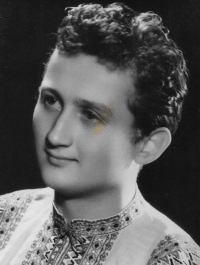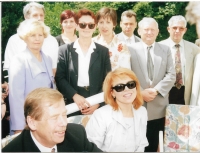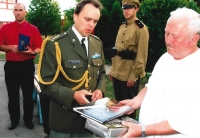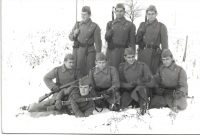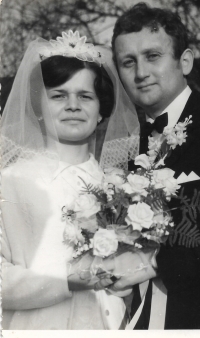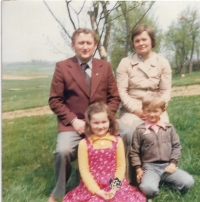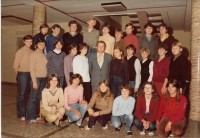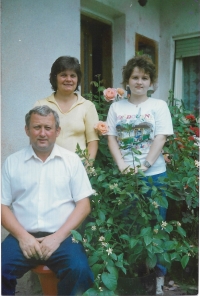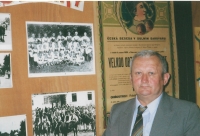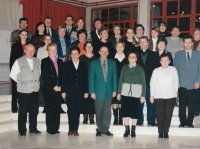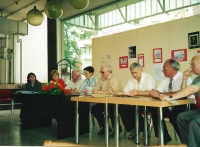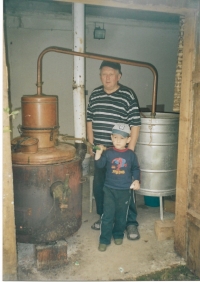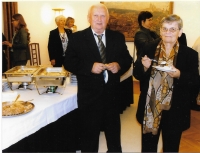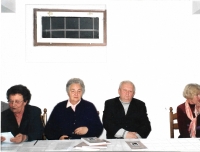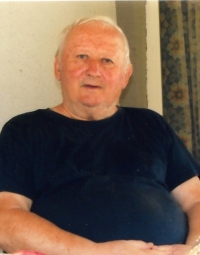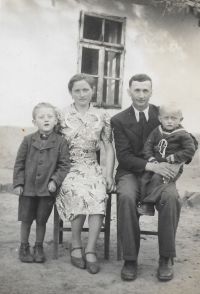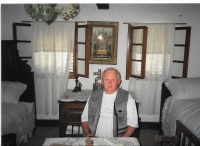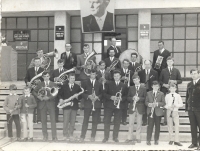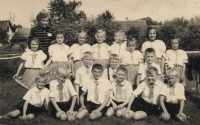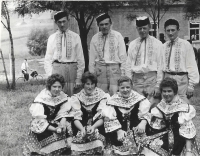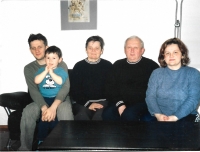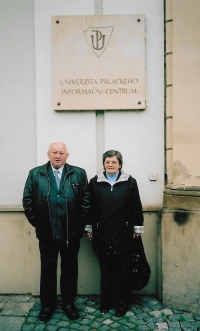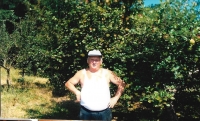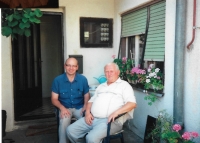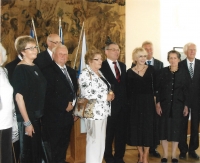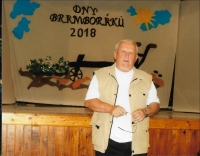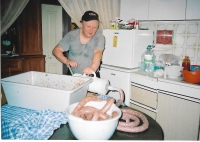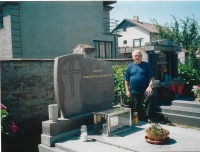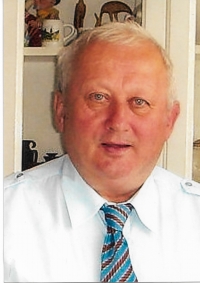Mirko, go or I’ll throw a grenade!
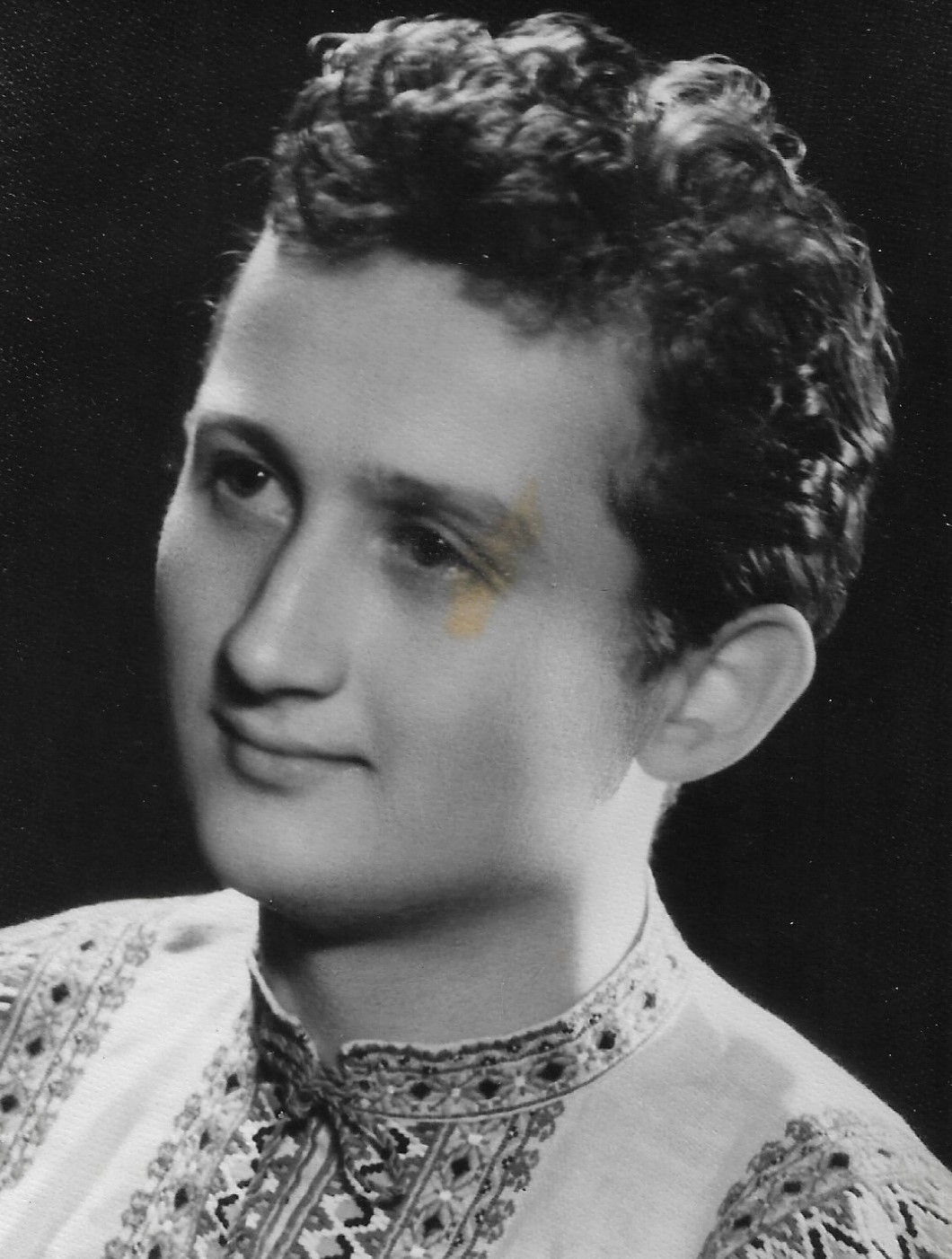
Download image
Václav (Vjenceslav) Herout was born on September 10, 1943 in Daruvarský Brestov, about 10 kilometers from Daruvar, the center of Croatian Czechs. His ancestors came to the area of today’s Croatia with other compatriots in the 19th century from Hradec Králové. They moved because of the better and cheaper land on the then southern border of the Austro-Hungarian monarchy, which had expected strengthening of the regions in the immediate neighborhood of the Ottoman Empire since their relocation. Until 1949, the family lived in Daruvarský Brestov, then they moved to Malé Zdence. Václav Herout completed four classes of a Czech school and four classes of a Croatian school. He then headed to the Pedagogical Academy in nearby Pakrac, where he studied Czech language - history. He also studied history at the University of Zagreb. He worked as a teacher at the primary school in Ivanovo Sela, at the secondary school in Bělom Monastir, then he settled at the grammar school in Daruvar, where he remained until his retirement. In 1968, when Yugoslavia felt threatened after the invasion of Czechoslovakia, he joined the army as part of the mobilization and served near the Hungarian border. He spent the war events in Daruvar in 1991. He also worked as a correspondent for the compatriot magazine Jednota. Throughout his life, he maps the history of Croatian Czechs, collects their stories and records vanishing traditions. In 2003 he took over the archive of Croatian Czechs in Daruvar. He is also an active musician in the brass band music. He has three children, in 2020 he lived in Daruvar.
